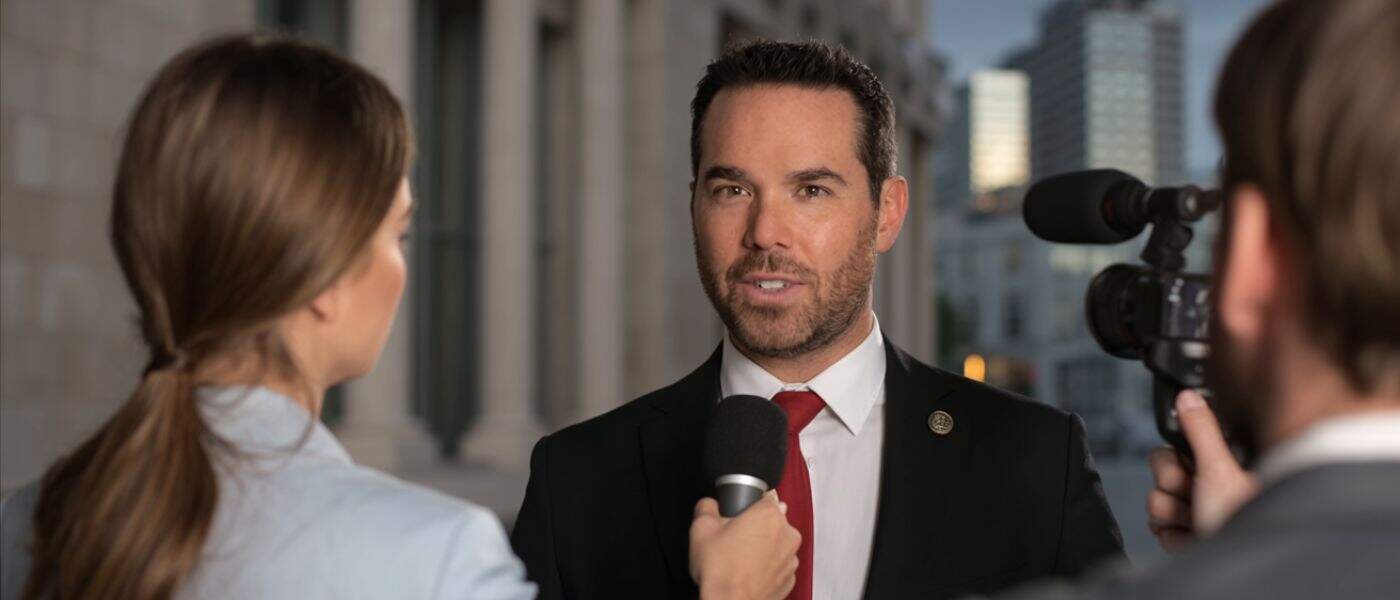Should I be Suspicious of Lawyers? Debunking Myths and Rebuilding Trust After an Accident
Key Takeaways
- Most negative views about lawyers come from misunderstandings.
- Society and media really shape how we see the legal profession.
- Getting the facts straight can help rebuild trust after an accident.
People tend to have strong opinions about lawyers, and, honestly, a lot of those aren’t very flattering. High fees, media stereotypes, and some rough personal experiences after accidents have all fueled distrust—or even dislike—toward folks in the legal world. But most negative beliefs about lawyers are rooted in myths or plain misunderstandings, not the real ways they help people after something goes wrong.
The reality is, lawyers are there to protect people’s rights, push for justice, and help victims when things get tough. If you look at where all this skepticism comes from—and maybe question a few common myths—it gets easier to see lawyers in a more nuanced light.
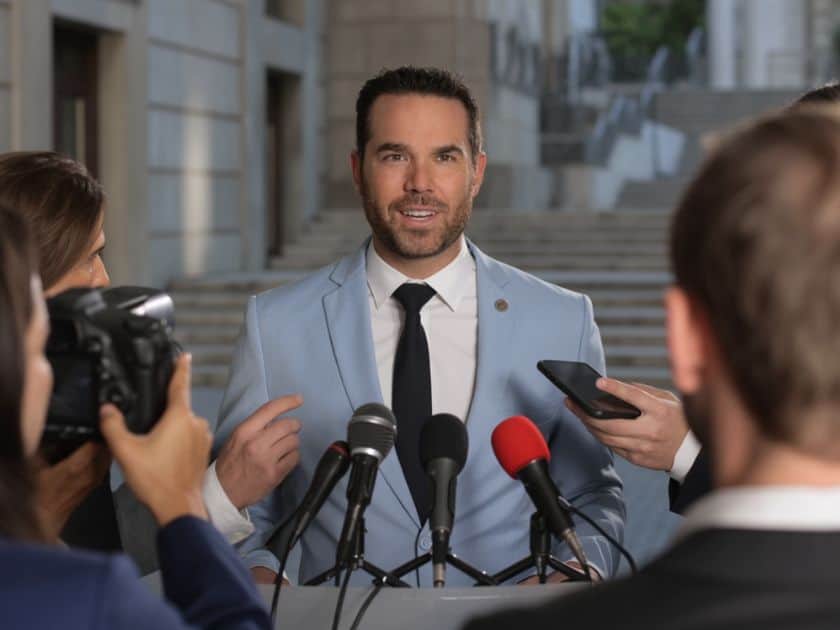
Understanding the Origins of Lawyer Distrust
Distrust toward lawyers comes from all sorts of places—history, culture, and especially the way the media covers legal cases. A lot of people form opinions based on these outside influences, not their own personal experience.
Historical Context of Legal Professions
Lawyers have been around for centuries, usually working for the wealthy or powerful and helping them protect what they have. That’s partly why people started to think lawyers care more about money and influence than fairness.
Depending on where you look, some cultures saw lawyers as problem-solvers, while others were pretty suspicious. There were times in history when the laws themselves were unjust, and those defending the system got painted with the same negative brush.
Even as people learned more about legal rights in the 20th century, that old mistrust stuck around. The image of the distant, self-interested lawyer is stubborn, even as the profession tries to open up and modernize.
Cultural Stereotypes and Perceptions
Culture has a huge impact on how lawyers are viewed. Lawyer jokes and stories almost always paint them as sly or greedy, and those images get passed down, generation after generation.
Think about literature—lawyers are often written as cold or even dishonest, like in Dickens’ “Bleak House.” Cartoons and movies love the image of the sneaky lawyer, whether it’s for laughs or drama. These depictions set up certain expectations, and people remember them, even if they’ve never hired a lawyer themselves.
So when someone does need legal help, all those old stereotypes can create worry or suspicion about motives and honesty.
Media Influence on Public Opinion
The media—mainstream news, TV, movies—really shapes how people see lawyers. News stories tend to focus on lawyers involved in scandals or high-profile cases, which makes it feel like bad behavior is everywhere.
TV dramas and movies pile on, showing lawyers who’ll bend the truth or do anything to win. When a real-life trial gets national attention, suddenly it feels like all lawyers are the same as the few who act unethically.
And with social media, stories spread instantly. One mistake or unethical move can go viral and stick in people’s minds, making it tough for the profession to shake a bad reputation—even though most lawyers are just doing their jobs by the book.

Common Myths That Fuel Negative Perceptions
Plenty of folks hold strong negative views about lawyers, mostly thanks to myths. Those beliefs get reinforced by personal stories, stereotypes, and how lawyers show up in movies or on TV.
Lawyers as Greedy or Dishonest
One of the biggest myths is that lawyers only care about money. Movies and TV almost always show lawyers chasing profits, not helping people. That image is so baked in that a lot of people just assume it’s true across the board.
If you’ve just had an accident and need a lawyer, you might worry about sky-high fees or sneaky costs. But actually, a lot of lawyers—especially in personal injury—work on contingency. They only get paid if you win something.
Fact Check:
| Stereotype | Reality |
| Lawyers are “money-hungry” | Many offer free consultations |
| Only wealthy can afford them | Plenty represent regular folks |
| Hidden fees are common | Fee structures are usually upfront and in writing |
Sure, some lawyers make a lot, but most are just working regular hours for a decent living. Most cases don’t make anyone rich.
Litigiousness and Frivolous Lawsuits
Lawyers get blamed for a “litigious” society—people think lawsuits are everywhere and that lawyers push clients to sue over nothing, just to make a buck.
But honestly, frivolous lawsuits are pretty rare. Courts have rules and penalties for groundless cases. Lawyers who file junk lawsuits can get fined or even lose their license.
- Fact: Most personal injury and accident lawsuits are about real harm and real need for help.
- Note: Most people see court as a last resort, not a first step.
Those weird, high-profile lawsuits you hear about? They’re the exception. Most cases are about fixing real problems that insurance or negotiation couldn’t solve.
Lawyers Manipulating the Law
Another myth: lawyers make a living by twisting the law or facts to help guilty clients dodge responsibility. It’s a popular idea, but it’s not how things actually work.
In reality, both sides get to present evidence and arguments. That’s not manipulation—it’s the process. Lawyers have to operate within ethical limits, and they’re required to be honest with the court.
Judges and juries weigh the facts; no lawyer has the final say on how the law is applied.
Key Point: Most lawyers take the rules seriously. Abusing the system can wreck a career. Their job is to make sure everyone gets a fair shake—not to game the system.
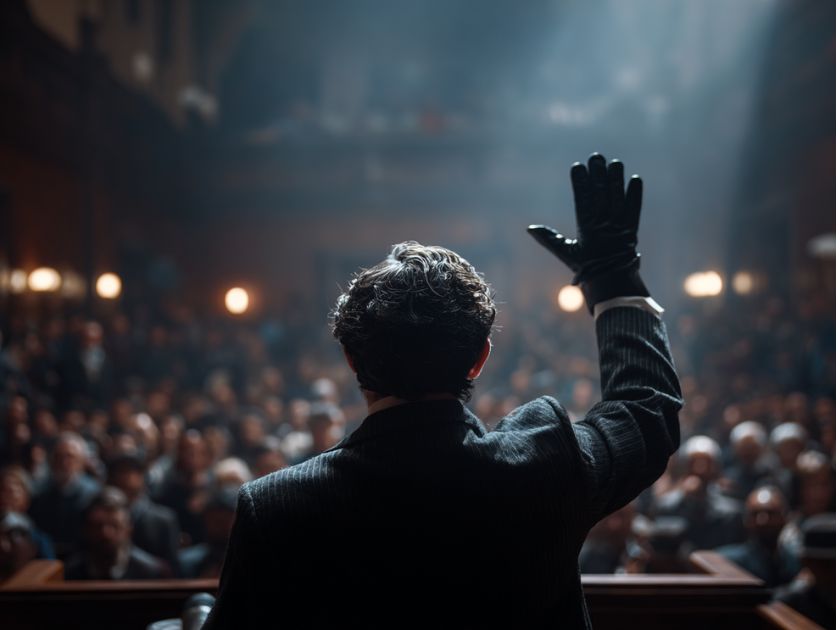
The Role of Tort Reform and High-Profile Cases
Tort reform and lawsuits in healthcare have stirred up a lot of debate, especially after those big, headline-grabbing cases. These issues shape how people see lawyers and the legal system as a whole.
Impact of Medical Malpractice Claims
Medical malpractice claims grab attention, but the idea that they’re always huge, expensive, and everywhere just isn’t true. Only a small slice of healthcare mistakes actually end up as lawsuits.
Key facts:
- Most people hurt by medical mistakes never sue.
- Many cases settle quietly for way less than you’d expect.
- Lawsuits are about compensation for real injuries and pushing for safer care.
Doctors and hospitals sometimes order extra tests to avoid lawsuits—“defensive medicine.” It might bump up costs a bit, but blaming lawyers for the whole problem is a stretch.
Those massive malpractice verdicts you see in the news? They’re rare, and usually only happen in cases of clear, extreme harm.
Tort Crisis and Insurance Challenges
The phrase tort crisis pops up when insurance companies claim lawsuits are driving up their costs, especially in medical malpractice. This can mean higher premiums for doctors and hospitals, but the reality is complicated.
Factors include:
- Insurance company profits and investment swings
- Economic ups and downs, not just lawsuit payouts
- Changes in laws and court rulings
Tort reform laws cap how much victims can get. Supporters say it keeps insurance affordable and doctors in business. Critics argue it just blocks fair compensation for people who were genuinely hurt.
Insurance rates and the so-called “crisis” go up and down for all sorts of reasons—not just lawsuits. Research shows only a weak link between claims and rising insurance costs, so there’s probably more going on behind the scenes.
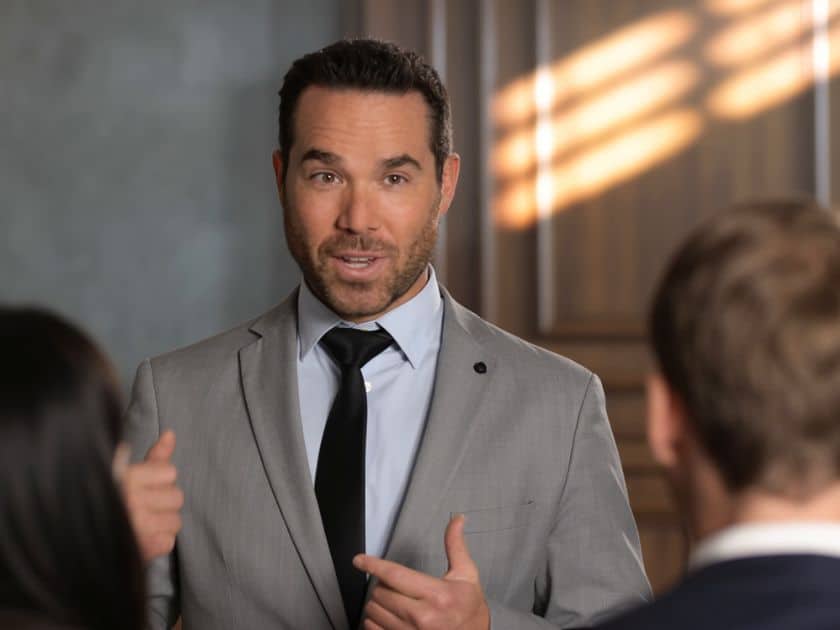
How Politics and Law Shape Public Attitudes
Politics and the legal system are tangled together. The way laws are made and enforced shapes how people see lawyers, judges, and the whole justice system.
Law and Politics in Democracy
In democracies, politicians (sometimes with lawyers’ help) write the laws. Ideally, those laws reflect what people want or need. Lawyers can be behind the scenes, drafting bills or advising policymakers.
Table: How Law and Politics Interact in a Democracy
| Area | Who is Involved | Effect on Public Attitudes |
| Lawmaking | Politicians, lawyers | Shapes trust in system |
| Policy decisions | Government, elites | Impacts view of fairness |
| Legal representation | Lawyers | Influences ideas of justice |
Sometimes, lawyers in politics seem like an elite club, which can make people suspicious—especially if decisions look like they favor the powerful over regular folks.
Judicial Discretion and Checks and Balances
Judges have “judicial discretion,” meaning they can interpret laws based on the details of a case. That’s important for fairness, but if a judge’s decision seems political, people get uneasy.
Checks and balances are built in to prevent any one branch from taking over. Judges can block illegal moves by politicians, and lawmakers can rewrite the rules if needed.
Some folks think judicial discretion is necessary; others worry it lets personal bias sneak in. Whether people trust the system often depends on how well these checks and balances seem to work.
Societal Forces Driving Lawyer Hatred
Negative feelings about lawyers often reflect bigger social issues—money, power, and fairness all play a part.
Economic and Class Tensions
The gap between what lawyers earn and what most people make can fuel distrust. Lawyers are sometimes seen as part of an elite, especially if they’re driving fancy cars or charging big fees. That kind of thing makes some people feel like lawyers are out of touch.
Legal help can be expensive, so plenty of families just can’t afford it when they need it most. Stories about high-earning lawyers feed the idea that it’s all about profit, not people.
Common complaints include:
- High legal fees
- Expensive settlements
- Perceptions of greed
A lot of Americans don’t see lawyers as contributing much to society, which just adds fuel to the fire of mistrust.
Capitalism and Globalization Impacts
Modern capitalism tends to reward those who gain and hold power. A lot of folks see lawyers as playing a big part in helping corporations, elites, and the wealthy protect their interests. That can make it feel like lawyers are really just there for the rich and powerful.
Globalization has tangled up laws even more. Big businesses often have teams of lawyers to shield their profits and dodge accountability, while regular people can feel totally outmatched or just ignored when legal trouble hits.
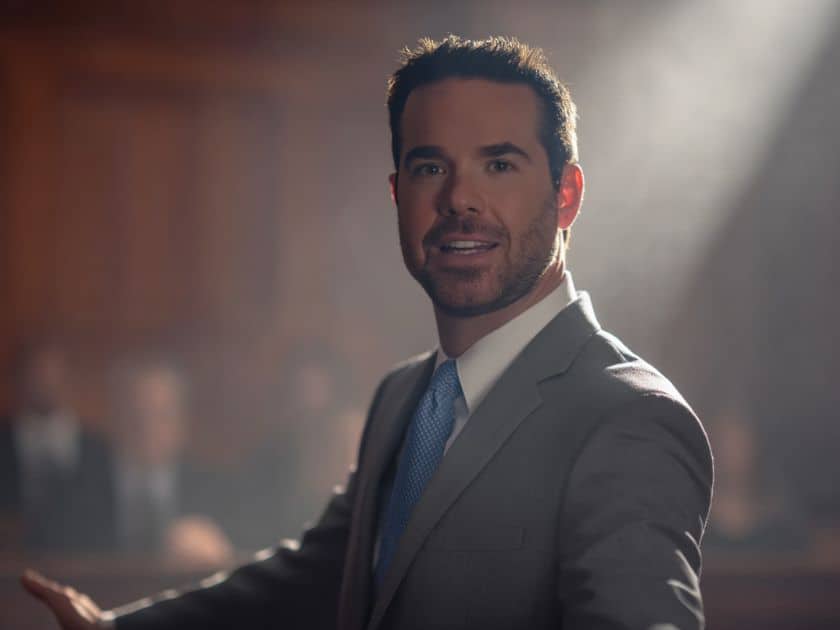
Media Coverage and High-Profile Events
The way lawyers show up in the news and in those headline-grabbing cases shapes how people see the whole profession. Reports on controversial legal fights and major events stick in people’s minds, and honestly, they usually add to the skepticism.
Mainstream Media Narratives
Media outlets love stories that get attention. Lawyers make headlines for defending people accused of serious crimes or getting tangled up in scandals. The focus tends to be on high fees, cutthroat tactics, or bending the truth to win.
Some news stories keep old myths going, like the idea that lawyers only care about their own interests instead of the public good. According to a 2023 Gallup poll, just 14% of people rate lawyers’ honesty and ethics as “high.” Every time another negative story breaks, it just reinforces the profession’s bad rap.
Coverage of sensitive issues—military intelligence, counterterrorism, or post-9/11 actions—can paint lawyers in a harsh light. During the Iraq War, for example, government attorneys were often portrayed as using legal arguments to justify some pretty controversial choices.
Iconic Legal Events and Their Lasting Effects
Some court cases stick in the public’s mind forever. Trials involving 9/11, the Iraq War, or CIA operations brought teams of lawyers into the spotlight, sparking debates about ethics, national security, and accountability.
Legal figures in these kinds of cases often take a lot of heat. Lawyers tied to weapons of mass destruction or military actions sometimes get accused of enabling questionable behavior through loopholes or technicalities. These stories linger and keep shaping how people see lawyers, even years down the line.
Decades after a big case, the stories and opinions from those trials tend to pop up again when similar issues arise. Detailed press coverage keeps those memories alive, making it tough for public opinion to shift—never mind that most lawyers have nothing to do with these headline events.
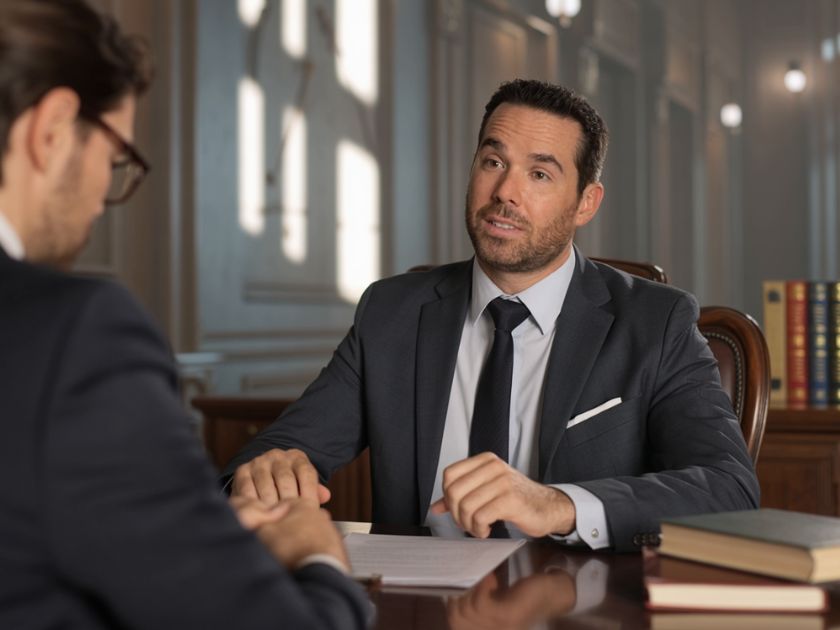
Building Trust in the Legal Profession After an Accident
Honesty, respect, and straightforward action matter a lot for lawyers hoping to earn trust after an accident. These basics go a long way toward promoting justice and helping people believe in the legal system when things get rough.
Improving Communication with Clients
Lawyers really need to talk openly and plainly with people hurt in accidents. When attorneys use simple language and answer questions quickly, clients feel understood—maybe even a little less lost. Good communication makes a huge difference and helps cut down on confusion about rights and next steps.
It’s helpful if lawyers lay out the key steps and deadlines in easy-to-read lists or bullet points. Repeating important details at each meeting can keep clients from feeling out of the loop. Honestly, clients are more likely to trust a lawyer who listens and keeps them involved.
Offering translations or visual guides can make a world of difference for folks from different backgrounds. And returning calls or emails quickly? That shows real respect for people’s time and needs.
Advocating for Justice and Fairness
After an accident, people need someone who’ll stand up for their rights. A good lawyer goes to bat for fair treatment, supporting both their client and the legal system as a whole. Commitment to justice should mean focusing on facts, following the rules, and not cutting corners for a quick win.
Lawyers who stick to high ethical standards help keep corruption and shady practices at bay. They show everyone—clients, judges, the public—that justice actually matters. Supporting fairness helps make sure the law applies to everyone and that people’s voices aren’t drowned out.
Clients should feel free to ask their lawyer for updates or evidence about their case. When people see their lawyer working hard and playing fair, it can help restore some faith in the profession.
Enhancing Transparency and Accountability
Being open lets clients see what their lawyer’s actually doing for them. That means sharing documents, being clear about fees, and explaining risks or possible outcomes. Lawyers who admit mistakes and explain them honestly show they’re accountable.
Simple charts or tables can help clients get a handle on costs and timelines.
| Service | Estimated Cost | Expected Date |
| Case review | $0 (free) | Within 1 week |
| Filing complaint | $500 | Within 2 weeks |
| Settlement talks | Varies | Ongoing |
Lawyers should invite questions about decisions in the case. That kind of openness builds trust and, hopefully, a fairer system for everyone.
Asking for feedback helps strengthen the relationship and shows a willingness to listen, which is key for building long-term trust in the legal process.
Don’t Let Negativity Deter You From Getting Justice
The negative stereotypes surrounding lawyers often stem from outdated perceptions, sensationalized media coverage, and a few high-profile cases that don’t represent the profession as a whole. Some narratives are put out there by insurance companies looking to turn the public against personal injury lawyers. While these myths persist, the reality is that most personal injury attorneys are dedicated advocates who work tirelessly to protect their clients’ rights and secure fair compensation after accidents.
If you’ve been injured in an accident, don’t let preconceived notions prevent you from seeking the legal representation you deserve. The right attorney will offer transparent communication, work on a contingency fee basis (meaning you pay nothing unless they win), and fight relentlessly for your best interests. They understand that behind every case is a real person dealing with medical bills, lost wages, and emotional trauma.
At McQuaid Injury Law, we’re committed to changing the narrative about personal injury lawyers through honest, compassionate representation. We believe in keeping our clients informed every step of the way, explaining complex legal processes in plain English, and never taking on cases we don’t believe in. Our track record speaks for itself—we’ve helped hundreds of accident victims rebuild their lives and secure the compensation they needed to move forward.
Don’t let insurance companies take advantage of your situation or minimize your claim. You have rights, and you deserve an advocate who will fight for them. Contact us today for a free consultation, and let us show you what honest, dedicated legal representation looks like. Your recovery is our priority, and we won’t rest until justice is served.

